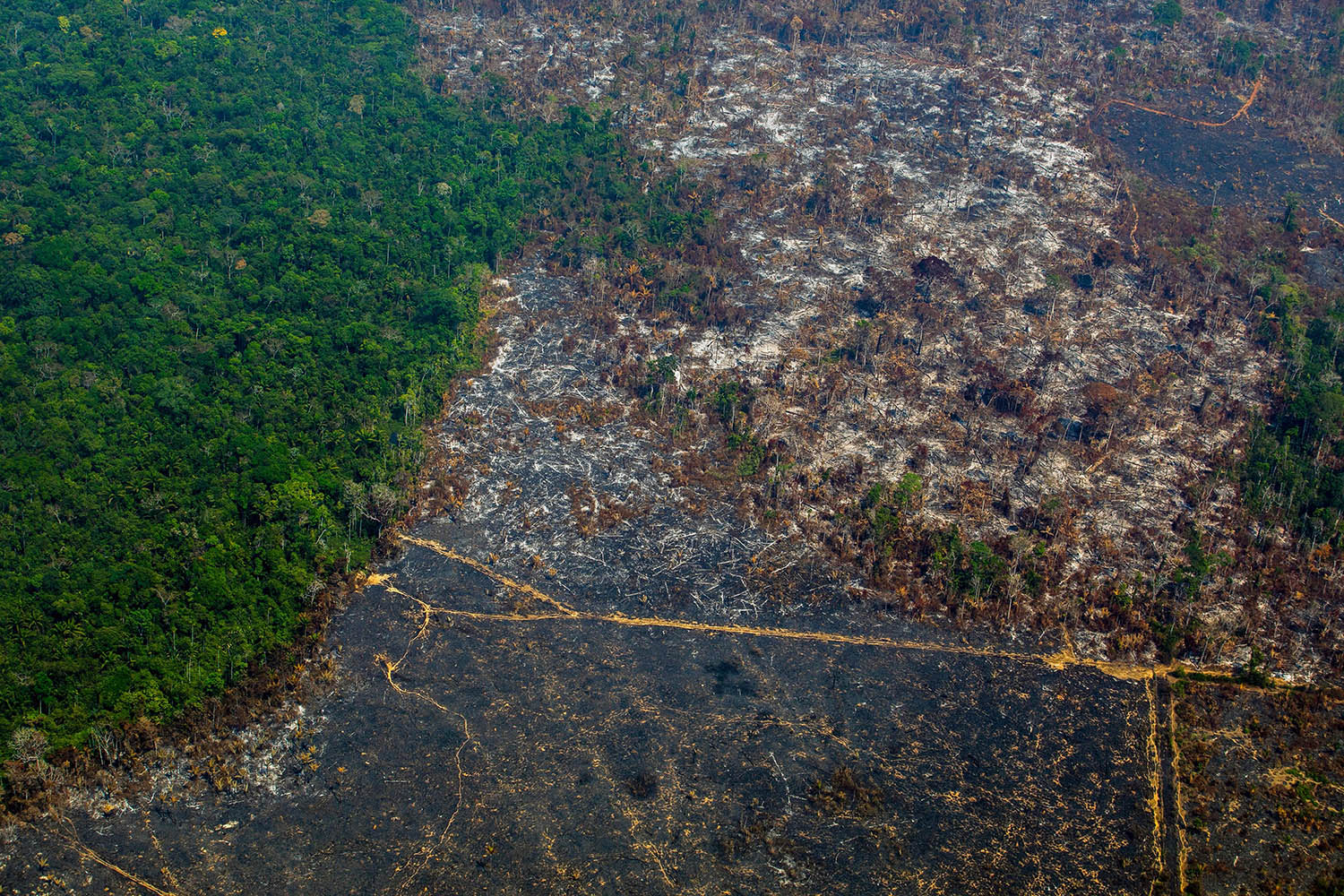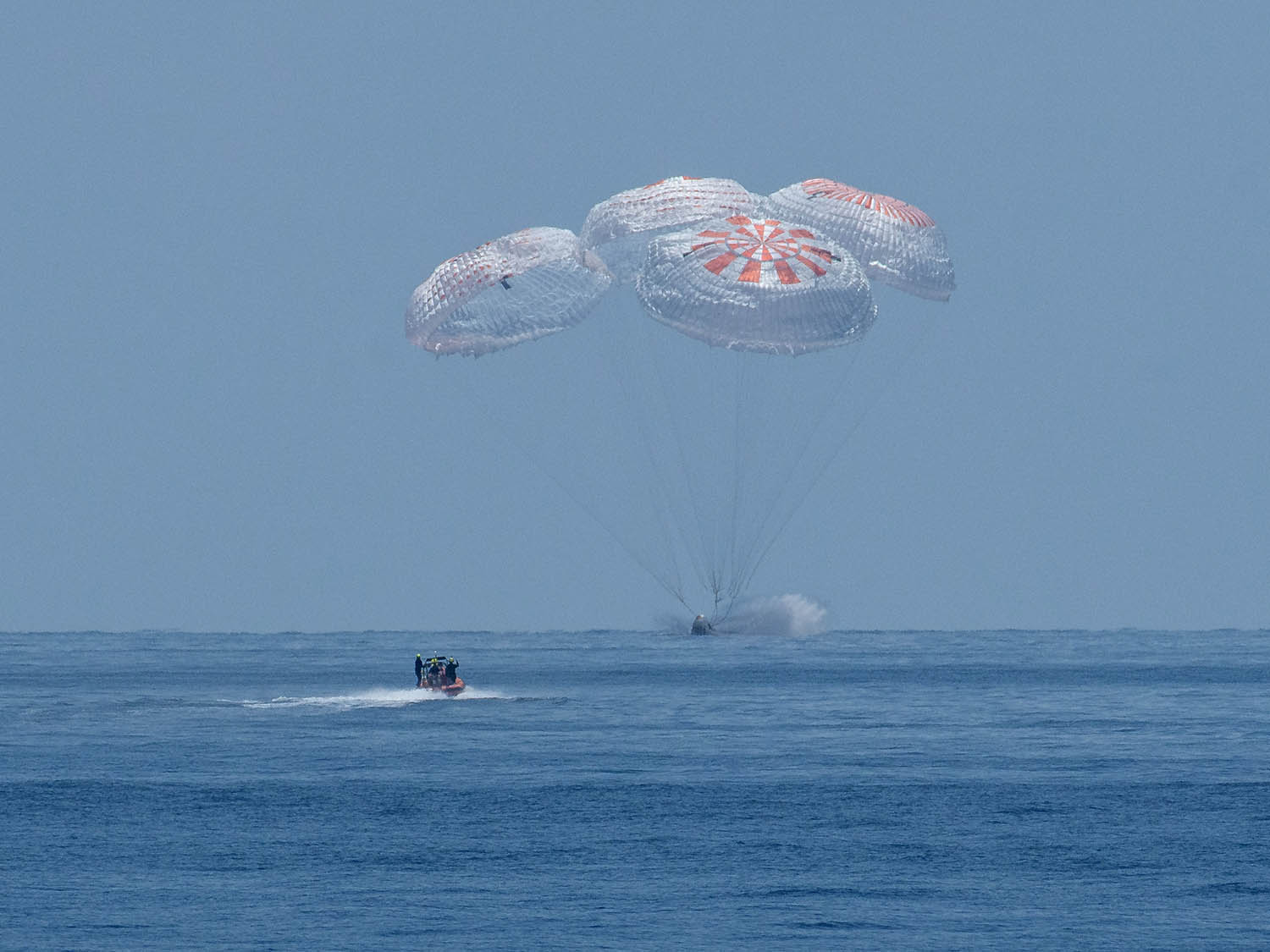— London, Uk
— From: claudia williams
Long stories short
- A Conservative MP arrested on suspicion of rape will not be suspended from the party while police investigate, according to a spokesperson from the party’s whips’ office.
- After a surge in coronavirus infections, the Australian state of Victoria has declared a state of disaster. A major incident has also been declared in Greater Manchester, UK.
- John Hume, the former SDLP leader who was awarded the Nobel Peace Prize for his role in the Good Friday agreement in Northern Ireland, has died aged 83.
Is President Trump waging war against TikTok? On Friday, he declared his intention to ban the Chinese-owned video-sharing app outright – sending users scrambling to archive their content and threatening to derail a proposed takeover bid by Microsoft.
It looks as though hurried calls over the weekend have kept that takeover alive – for now – but Trump isn’t slowing down: last night, Secretary of State Mike Pompeo vowed to “take action” in a matter of days against other Chinese technology companies perceived to pose a national security risk.
Under the proposed deal, Microsoft would take over TikTok’s operations in the US, Canada, Australia and New Zealand – pitting Microsoft against social media titans like Facebook and Twitter. Trump has given the two companies a strict deadline of 45 days to conclude talks.
Not everyone is keen on the idea. Many data experts have pointed out that portioning off TikTok to a US company won’t necessarily solve the potential for data leakages. As Kevin Roose argues in the NYT, it could be a missed opportunity to force greater regulation on big tech platforms.
And for some of Trump’s most hawkish advisors – focussed on the escalating tensions and trade disputes between the world’s two superpowers mentioned by Giles on Friday – forcing the sale of TikTok doesn’t go far enough.
But the ripple effect of banning the app would be huge. It’s currently the world’s most downloaded app and has around 80 million active users in the US alone. It’s not just about memes or viral dances: for Gen Z in particular, TikTok has become a go-to platform for everything from money-spinning influencer contracts to political activism. As one user told the NYT’s Taylor Lorenz: “TikTok is to Black Lives Matter what Twitter was to the Arab Spring.” Whole portions of the entertainment and advertising industries have reorganised themselves based on the popularity of the app.
With just months to go to the election, it’s the type of policy decision that could have real cut-through.
In the app today… What the RFK Jr?! We set out to find the most prolific super-spreader of medical misinformation on social media during the pandemic. The answer? A member of the Kennedy dynasty. Continue the theme of the Infodemic at tonight’s ThinkIn, where we’ll be asking: Who’s really behind the Covid conspiracies? And today’s Editor’s Letter lets you know what else is coming this week.
wealth investment, fairness, prosperity
SUV-optimal
A report by the New Weather Institute think-tank is calling for a ban on advertising sports utility vehicles. SUVs consume more fuel and emit more carbon dioxide than the average car, but make up over 40 per cent of new vehicles sold in the UK (fully electric vehicles account for a measly 2 per cent). Globally, sales of SUVs have shot up by 60 per cent since 2010; they’re the “second-largest contributor to the increase in global emissions” in the past decade. In fact, if all SUV drivers were grouped as a nation, they’d rank seventh globally for carbon emissions. “We ended tobacco advertising when we understood the threat from smoking to public health,” says Andrew Simms, co-director of the New Weather Institute. Why not try the same for car pollution?
Belonging Identity, Society, Beliefs, Countries
Just keep swimming
Is this the end of Ellen? The daytime TV show has run for 17 years and made host Ellen DeGeneres one of America’s biggest celebrities (net worth: $330m). But, last week, dozens of former employees accused producers of sexual harassment and misconduct in a report published by Buzzfeed, adding to a growing list of accusations about a toxic work culture and to long-time rumours about unhappy employees. Although DeGeneres has distanced herself from the complaints and told staff she’s committed to “correcting” the show’s day-to-day management, reports over the weekend suggest she could be planning to step down entirely in order to protect her brand. It’s certainly hard to see where a show with the motto “Be Kind” goes from here.
Our planet Environment, Natural resources, Geopolitics

Burning up
There were 28 per cent more fires in the Brazilian Amazon last month when compared to July 2019, according to satellite images compiled by the country’s National Space Agency. The man-made fires are usually set to clear land for illegal farming, mining or ranching; the surging numbers on indigenous land and nature reserves suggests that they are increasingly encroaching on supposedly protected areas. Last year, the extent of the destruction caused by Brazil’s wildfires gained global attention – and there are fears that this year is shaping up to be worse. So far, a 120-day ban on fires introduced by President Bolsonaro, widely blamed for emboldening illegal deforesters, has made little difference. A director at the Amazon Environmental Research Institute said the latest images are “a terrible sign”.
The 100-year life Health, Education, Living, Public policy
Testing, testing
The UK government has announced plans to roll out tests that can detect coronavirus and flu within 90 minutes. These “on the spot” swabs are non-invasive, don’t need to be carried out by healthcare professionals and will be introduced to hospitals, care homes and labs from next week. Testing has been one of the biggest issues facing the UK during the pandemic and the government has already been forced to push back a July target to regularly test care home staff and residents – making this welcome news. The smallprint? Some experts have warned that the accuracy of the tests is yet to be determined.
New things Technology, Science, Engineering

Splash landing
As Nasa’s SpaceX Dragon Capsule splashed down into the Gulf of Mexico last night, it marked the beginning of a new era in commercial space flight. Doug Hurley and Bob Behnken are the first astronauts to have been “taxied” to the International Space Station by a private company, Elon Musk’s rocket startup SpaceX. Being able to contract out its human transport will save Nasa billions of dollars, but the success of the mission also opens up the possibility of low-orbit spaceflight for sightseeing or for corporate research in the near future. Which means it might be worth getting used to the greeting Hurley and Behnken were met with just after hitting the water: “Thanks for flying SpaceX.”
The week ahead
UK
03/08 – UK government to launch its “Eat Out to Help Out” scheme; local lockdown restrictions partially relaxed in Leicester with some hospitality venues reopening; further coronavirus restrictions eased in Wales, with indoor pubs & restaurants reopening, 04/08 – All Party Parliamentary Group on Hong Kong to publish its report on human rights abuses perpetrated by the HK police against humanitarian workers; EFL Championship playoff final, 05/08 – inquest into the death of Caroline Flack to resume, 06/08 – deadline for local lockdown restrictions imposed across parts of Greater Manchester, West Yorkshire and East Lancashire to be reviewed; the Bank of England’s monetary policy committee to meet and announce whether to raise, lower or maintain the current rate of interest; the Victoria & Albert Museum to reopen, 07/08 – Northern Ireland to relax coronavirus restrictions, with indoor sports facilities and leisure centres reopening, 09/08 – Scottish independence demonstration to take place in Stirling
World
03/08 – US president Donald Trump due to sign an executive order on “hiring American”; presumptive Democratic nominee Joe Biden expected to announce his pick for Vice-President this week, 05/08 – final decision expected from Minneapolis city council on whether to abolish the police department and replace it with a community-led system; England to face Pakistan in the first test of their three match series; parliamentary elections to be held in Sri Lanka, 06/08 – five-day national lockdown to be imposed on Lebanon; Melbourne International Film Festival to take place digitally; US PGA Championship to be held in San Francisco, 09/08 – Belarus to hold presidential election
Stay safe, and take care of each other,
Claudia Williams
Reporter
@claudiabromley











